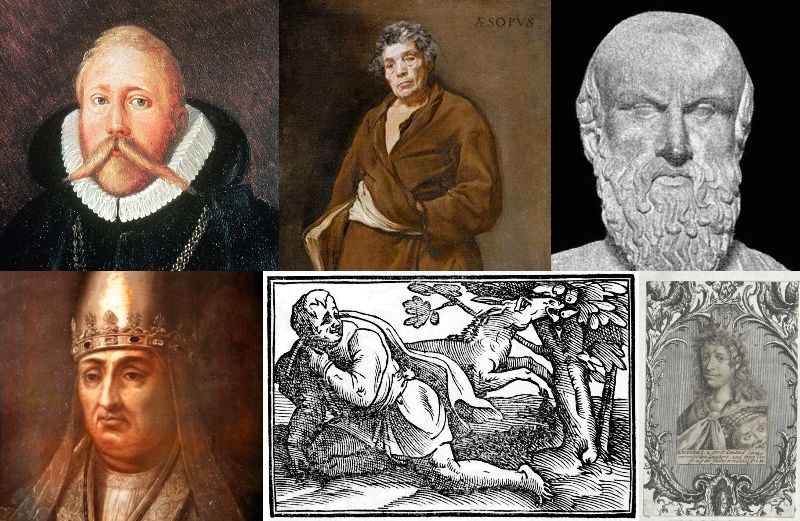Death is a constant in human history—but the ways people die can vary wildly. Some go with dignity.
Others… not so much. From ancient philosophers who laughed themselves to death to kings who drowned in their own gold, history is filled with strange and absurd ends.
Let’s explore eight of the weirdest ways notable figures met their demise.
1. Death by Laughter
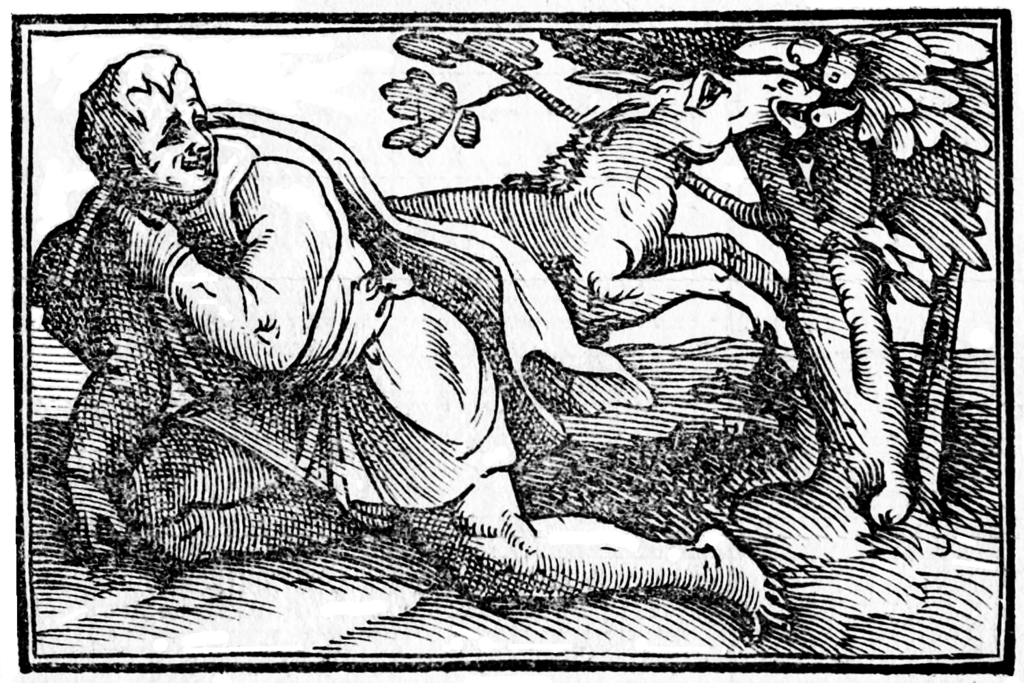
Photo: Death of Chrysippus – public domain
In the 3rd century BCE, the Stoic philosopher Chrysippus reportedly died of laughter.
The story goes that he saw a donkey eating his figs. Finding it hilarious, he quipped, “Give the donkey some wine to wash them down.”
The absurdity of the joke struck him so hard that he burst into uncontrollable laughter—so intense that it triggered a fatal seizure.
Another case comes from 15th-century Aragon (modern Spain). King Martin I was lying in bed after overeating a whole goose when his favorite jester entered and cracked a joke.
Martin laughed so hard that he collapsed and died.
Apparently, in rare cases, humor can truly be deadly.
2. Death by Rage
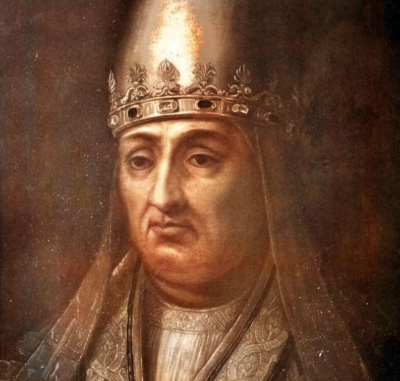
Photo: Pope Boniface VIII – public domain
Pope Boniface VIII, a powerful figure of the 13th century, fell victim to the infamous Anagni Incident in 1303.
The pope was captured and humiliated by agents of King Philip IV of France. The ordeal deeply affected him, and soon after, he died.
Contemporaries believed he had died of rage—“death by wrath.” While modern historians suggest poor health and old age were the true causes, the emotional trauma must have been immense.
3. Death by Joy
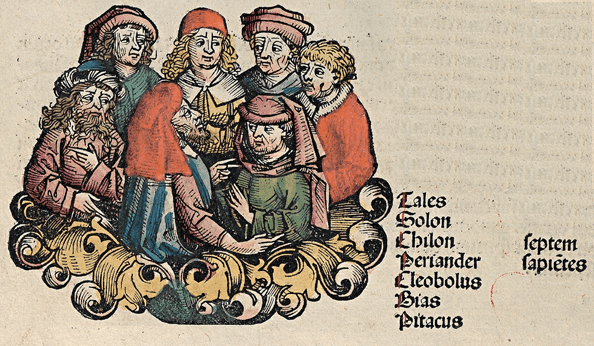
Photo: Seven Sages of Greece – public domain
Chilon of Sparta, one of the legendary Seven Sages of Greece, reportedly died of joy.
In the 6th century BCE, upon seeing his son win a boxing match at the Olympic Games, Chilon embraced him with overwhelming pride—and promptly dropped dead.
Modern medicine recognizes this phenomenon. Known as “happy heart syndrome,” intense positive emotions can cause the heart to fail—especially in women.
It’s the cheerful twin of “broken heart syndrome,” and both show how fragile the human heart can be under extreme emotion.
4. Death by Falling Turtle
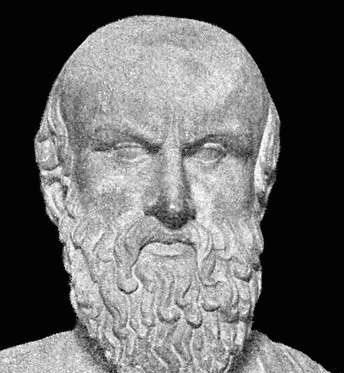
Photo: Aeschylus – public domain
Aeschylus, the father of Greek tragedy, supposedly died around 456 BCE in the most bizarre way imaginable.
An eagle, trying to crack open a turtle’s shell, mistook Aeschylus’s bald head for a rock and dropped the turtle directly on him.
To make matters stranger, legend says that Aeschylus had received an oracle warning him of death “from a falling object.” To avoid it, he stayed outdoors—only to meet his fate under the open sky.
Even fate, it seems, has a sense of irony.
5. Death by Hearing Too Well
In the 5th century BCE, Stratonicus, a Greek musician known for his sharp wit, found himself in trouble at a royal banquet in Cyprus.
The queen accidentally passed gas and tried to cover the sound by crushing an almond underfoot. Stratonicus, however, called her out, saying, “That sound was no almond.”
Offended, the queen had him thrown into the sea.
His acute hearing and loose tongue proved fatal—a reminder that sometimes, silence is survival.
6. Death by Eloquence
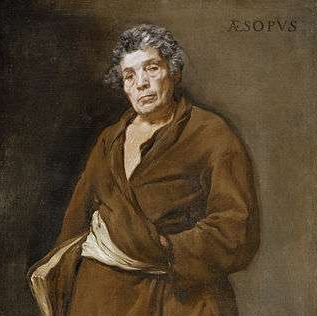
Photo: Aesop – public domain
Aesop, famed for his fables like The Tortoise and the Hare, lived in ancient Greece around the 6th century BCE.
Originally a slave, his storytelling skills won him freedom and fame. But his sharp tongue eventually drew powerful enemies.
He was accused of false charges and executed—thrown from a cliff.
Ironically, the very gift that elevated him—his words—also sealed his doom.
7. Death by Greed (and Gold)
In the early 8th century, King Aripert II of the Lombards (northern Italy) was overthrown by Ansprand, a returning rival.
Facing defeat, Aripert fled with a fortune in gold, aiming to escape to France.
But as he attempted to cross a river, the weight of the gold-laden boat became too much. It capsized, drowning him.
A fitting end, perhaps, for a man undone by his own treasure.
8. Death by Holding It In
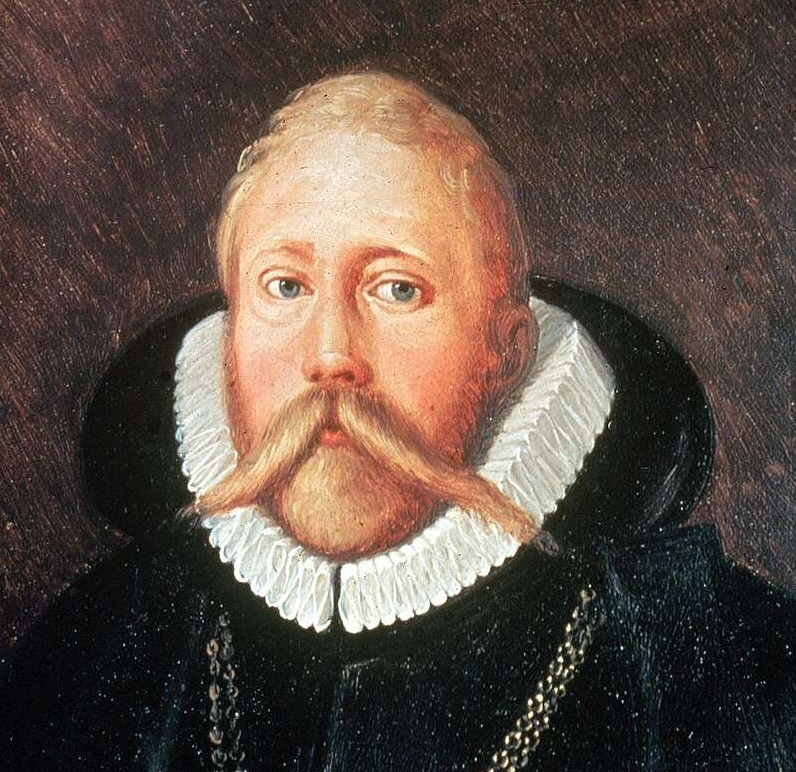
Photo: Tycho Brahe – public domain
Tycho Brahe, a Danish astronomer of the 16th century, was a guest at Emperor Rudolf II’s banquet when nature called.
Too polite to excuse himself, Brahe held in his urine for hours. Later that night, he was in agony—and died eight days later.
Though later theories suggest a kidney ailment, contemporary accounts blamed a bladder rupture.
Either way, the moral stands: when you gotta go, you gotta go.
Conclusion: Strange Deaths and the Darwin Awards
These peculiar deaths may seem funny or tragic—or both. They echo the spirit of the “Darwin Awards,” satirical honors given to people who “eliminate themselves from the gene pool” in absurd ways.
While such tales can feel like dark comedy, they also serve as sobering reminders of fate, folly, and sometimes the sheer randomness of death.
After all, dying from joy or laughter isn’t the worst way to go—though one hopes to avoid the turtle.
References :
The World’s Strangest Deaths, by Soichi Toomi
Strange Last Moments, by Nori Tamami

